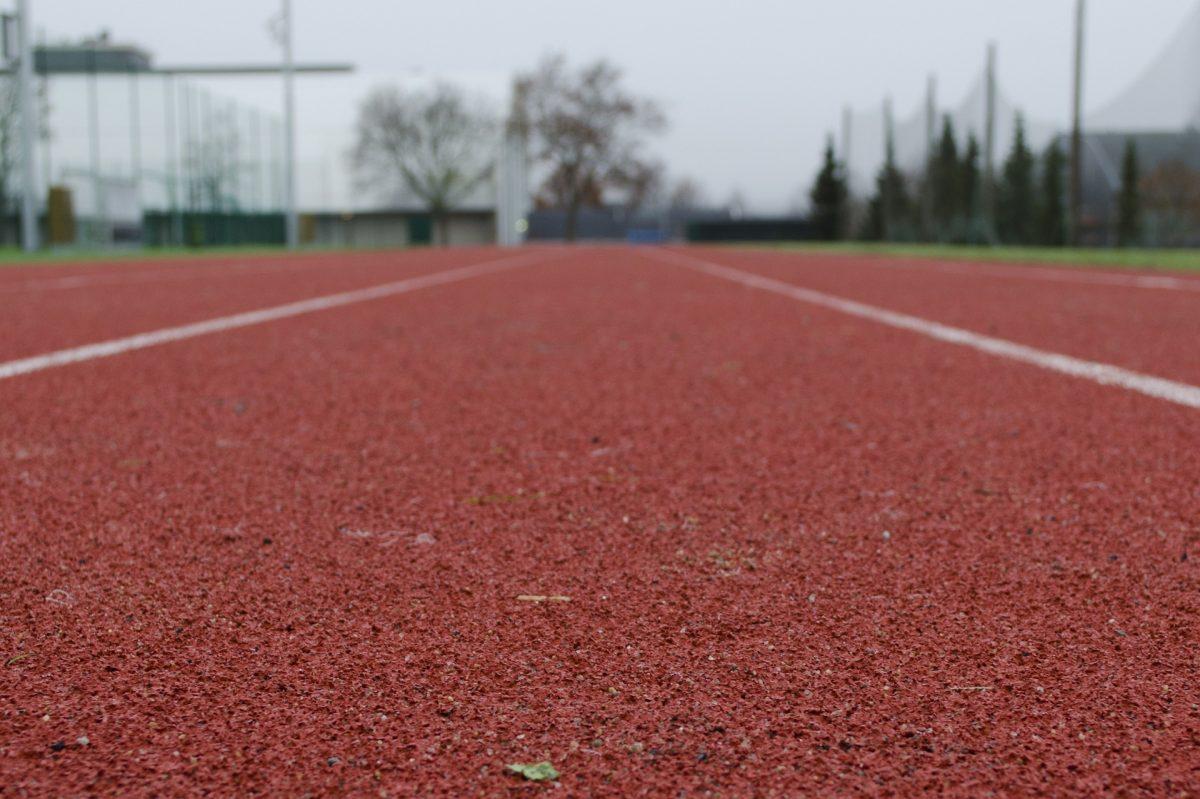On Jan. 9th, 2017, Northwestern women’s basketball player Jordan Hankins was found dead in her dorm room. Hankins’ death, making national news, was eventually ruled a suicide coming as a surprise to her family and basketball community. Hankins’ tragic death however, is not an unfamiliar occurrence within the college athletic community.
A growing concern about mental illness rose in the athletic community and the National Collegiate Athletic Association (NCAA) began an investigation on mental health practices amongst student-athletes. They found that student-athletes may be more at risk than their nonathlete peers for certain types of mental illnesses such as substance abuse, eating disorders, depression and social and performance anxiety. In the spring of 2016 they released the “Mental Health Best Practices: InterAssociation Consensus Document: Best Practices for Understanding and Supporting Student-Athlete Mental Wellness”.
On Jan. 24 the Wellesley College Athletic Department hosted their first ever Student-Athlete Mental Health and Wellness Program, after similar concern rose among the Wellesley community concerning mental health. Based off of the NCAA publication, the program was sponsored by the NCAA and was held in multiple sessions for student-athletes, coaches and athletic administration. The program aimed at outlining emergency action plans, screening, referrals and educational resources.
The student-athlete specific training, emphasized that athletes may be at a greater risk for mental illness because of the attitudes surrounding mental toughness in sports. Mental illness and healthcare are already stigmatized within society; however, for athletes this stigmatization may be even more prevalent. The culture within athletics often stresses being “mentally tough”, “showing no sign of weakness” and “fighting through the pain”. As swimmer Lindsey Wu ’18 notes, “For endurance sports even when you have a physical injury it is looked down up to get up out of the pool and stop swimming. Even though logically people know they are putting themselves at risk.”
Wu goes on to add, “ This stigmatization is even more prevalent in mental health. We are taught to endure, which makes it so much more difficult to seek help.”
Niki Rybko, Wellesley’s Director of Sports Medicine and Wellbeing, noted the additional stress on student-athletes, saying that “The sporting arena is stressful on its own and then you add in other stresses like the pressure from coaches, from teammates, to get stronger, or your own inner drive.”
This is additional stress on top of the already stressful nature of being a Wellesley student. “Even though the Wellesley student who is not an athlete has a lot of pressure on them already these are additional stressors on student-athletes. The drive to be the best doesn’t normalize help-seeking and self-referral in terms of mental health.”
The Wellesley Athletics Department are hoping to change the culture surrounding mental health for student-athletes. “We want to normalize mental health so it becomes like your physical health and taking care of it becomes like taking care of an injury” Rybko said. This analogy was made throughout the seminar presented to Wellesley student-athletes. The idea is that if athletes begin to treat their mental illnesses the way they treat their physical injuries, they will be more likely to seek treatment.
Rybko concluded by adding “If you keeping pushing a chronic physical injury you are going to have to seek help. The same thing is going to happen with mental health if you keep pushing it you will reach a point where you may not be handle that situation anymore.”
The new data and research focusing on the mental health of student-athletes is leading to imperative conversations across athletic communities. The Student-Athlete Mental Health and Wellness Program offers Wellesley’s first step in improving mental health for its student-athletes.




